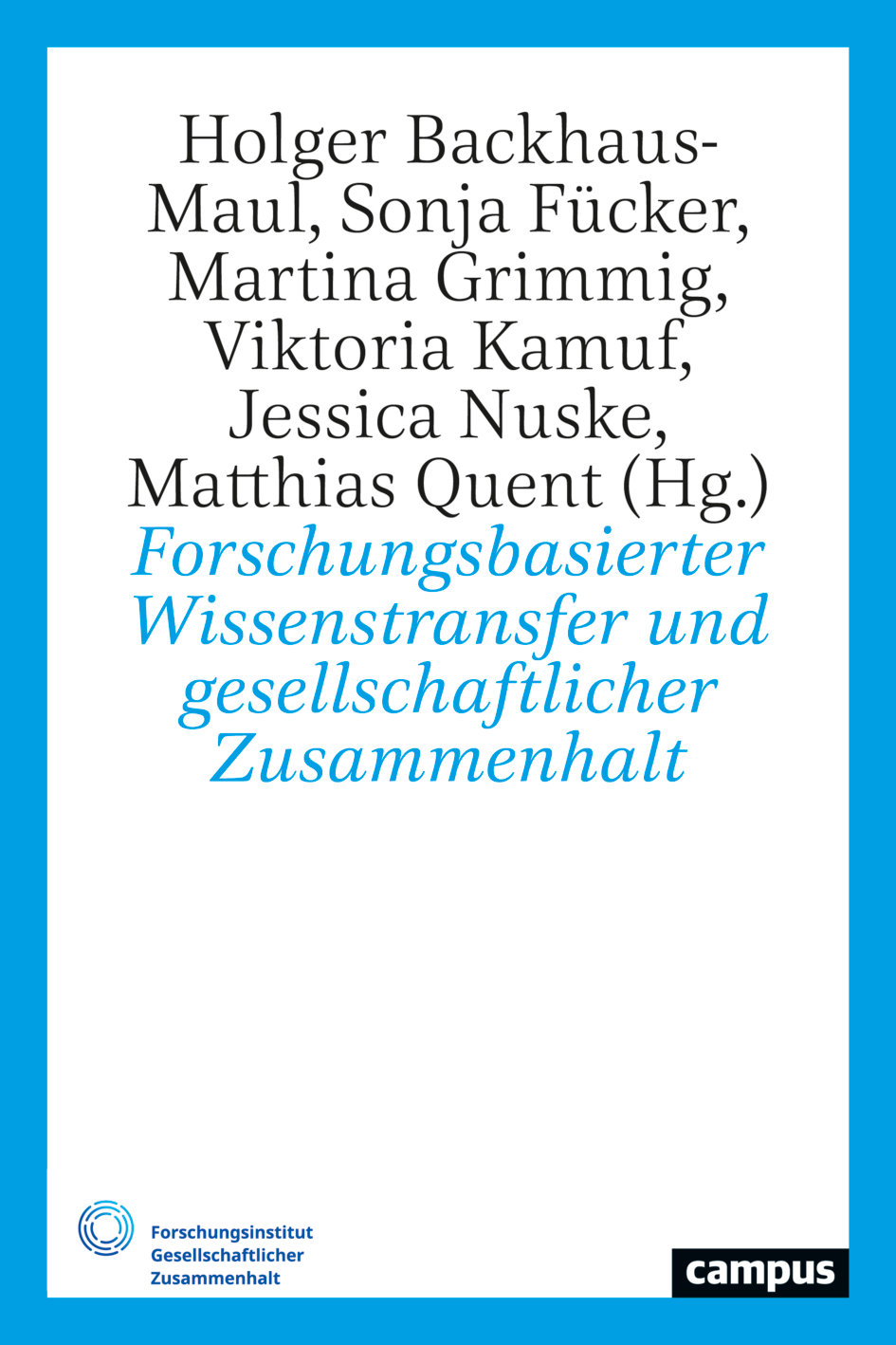International trends in universities’ knowledge transfer and social engagement strategies and activities
Abstract

The position of universities in society is undergoing far reaching changes related to the growing pressure on universities to contribute more directly and effectively to societies’ needs. To be able to realize the growing societal expectations, universities are required to become more strategic, proactive, and explicit in the development, operationalization, implementation, and presentation of their relationship with society, for which often the term third mission is used. In this chapter, we will reflect upon experiences of universities in high- and medium-income countries in realizing their efforts to contribute more effectively and directly to society. The chapter will start with discussing the universities’ self-understanding of their position in society as expressed in institutional strategies and missions. Next, the universities’ educational innovations will be examined, including the use of digital technologies. This is followed by the presentation of examples of both commercially oriented transfer of knowledge to the private sector, and the non-commercial engagement of universities with society, including community development activities. Overall, the nature and impact of third mission activities by universities is impressive. However, there is a general lack of visibility of and appreciation for these activities in society because universities have not been able until now to effectively communicate their third mission achievements.
Quellen
Maassen, Peter. 2024. International trends in universities’ knowledge transfer and social engagement strategies and activities. In: Forschungsbasierter Wissenstransfer und gesellschaftlicher Zusammenhalt: Theorie, Empirie, Konzepte und Instrumente, hg. von Holger Backhaus-Maul, Sonja Fücker, Martina Grimmig, Viktoria Kamuf, Jessica Nuske und Matthias Quent, 141–162. 1. Auflage. Gesellschaftlicher Zusammenhalt Band 6. Frankfurt: Campus, 2024.
